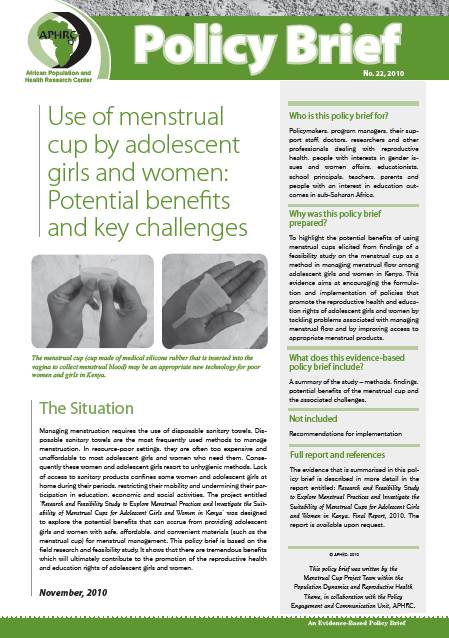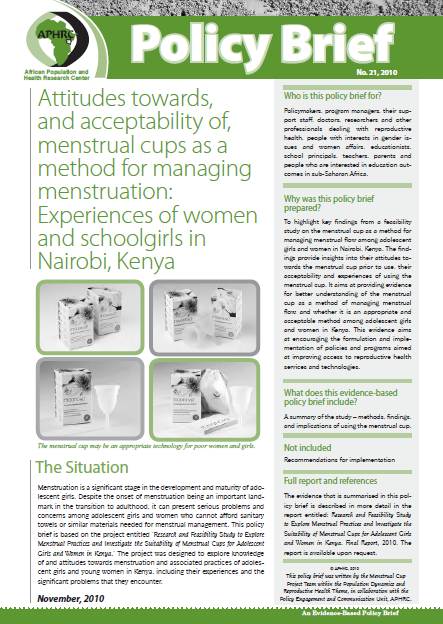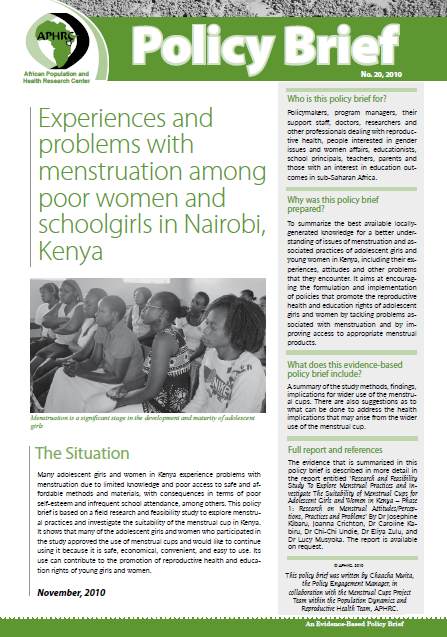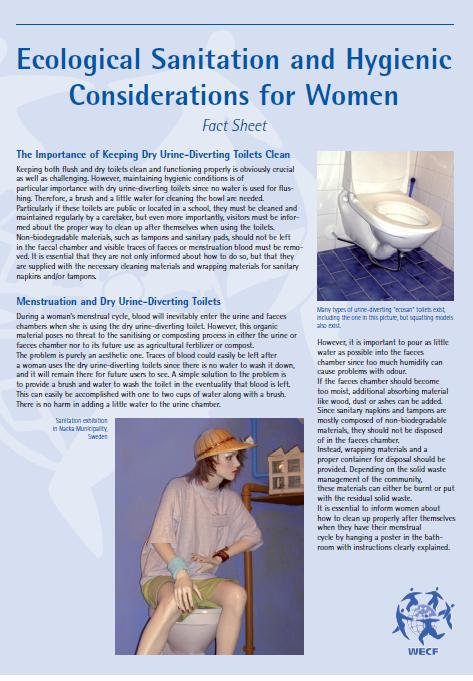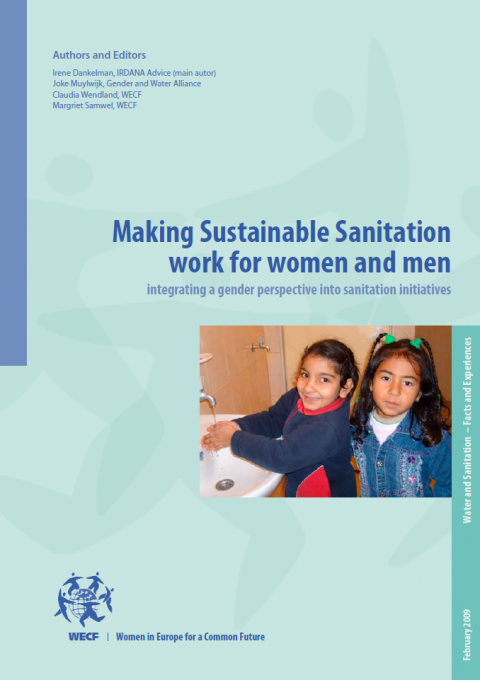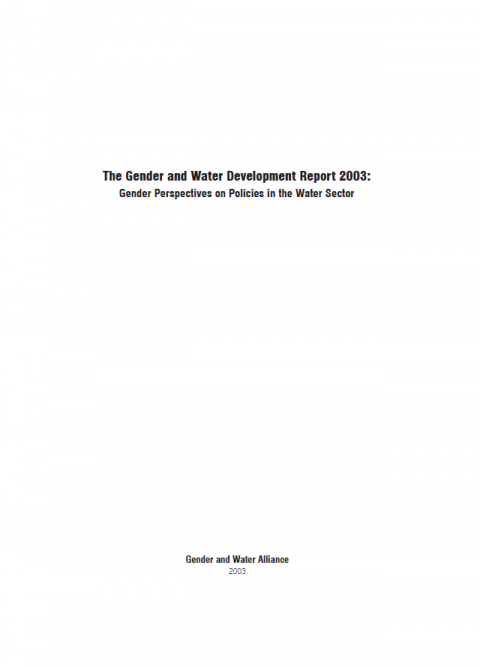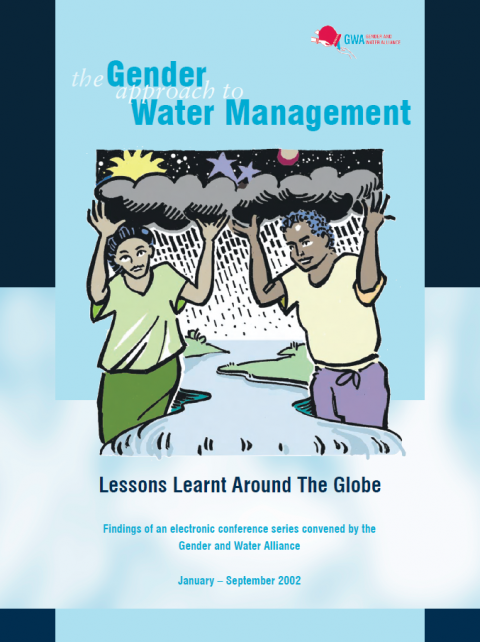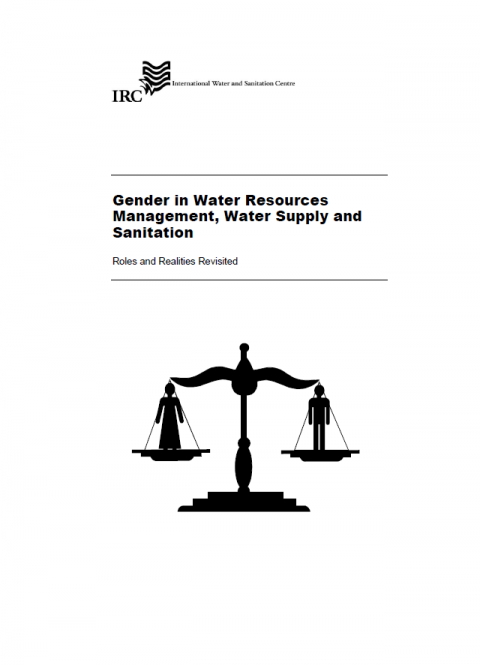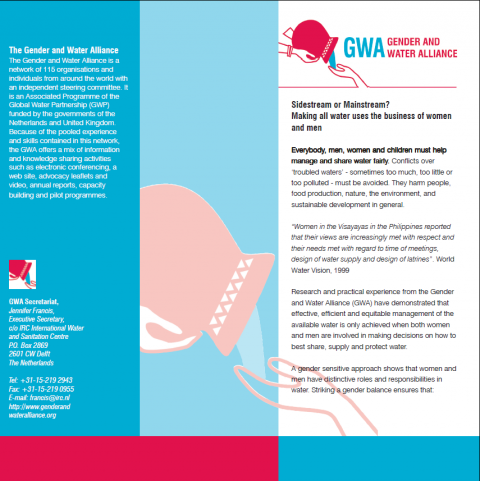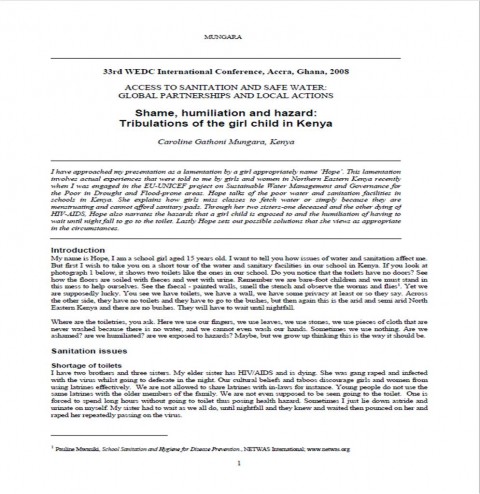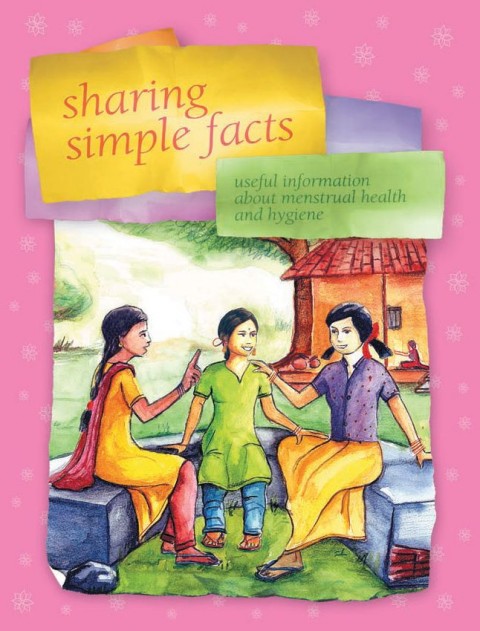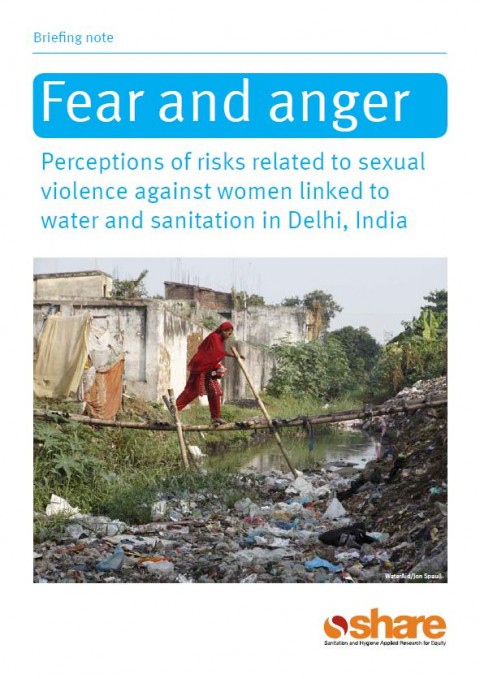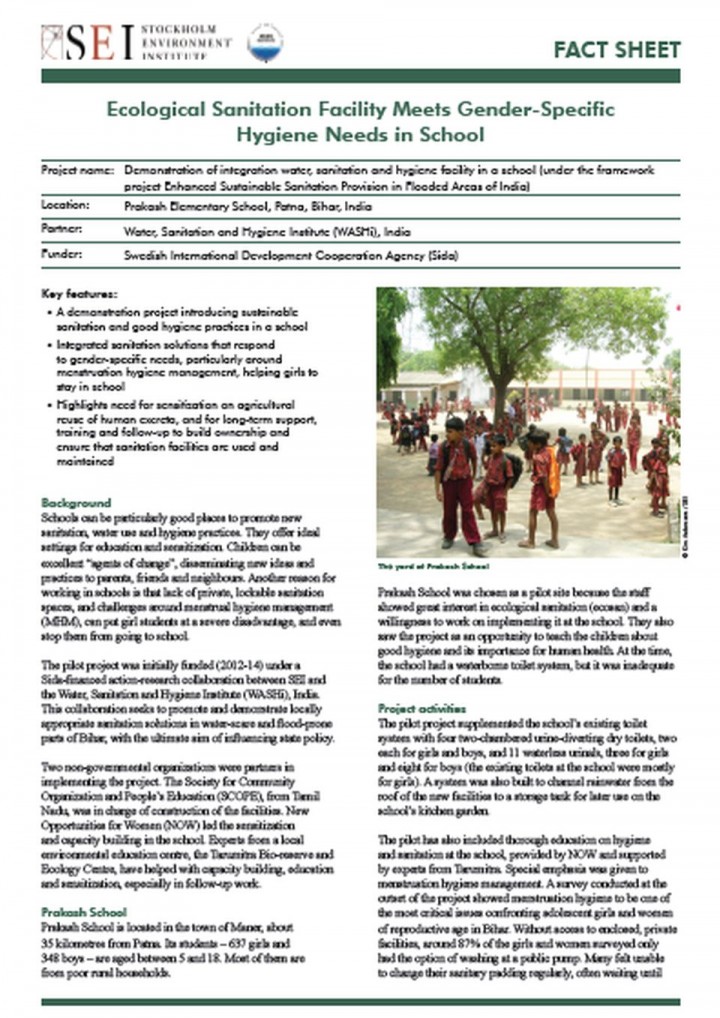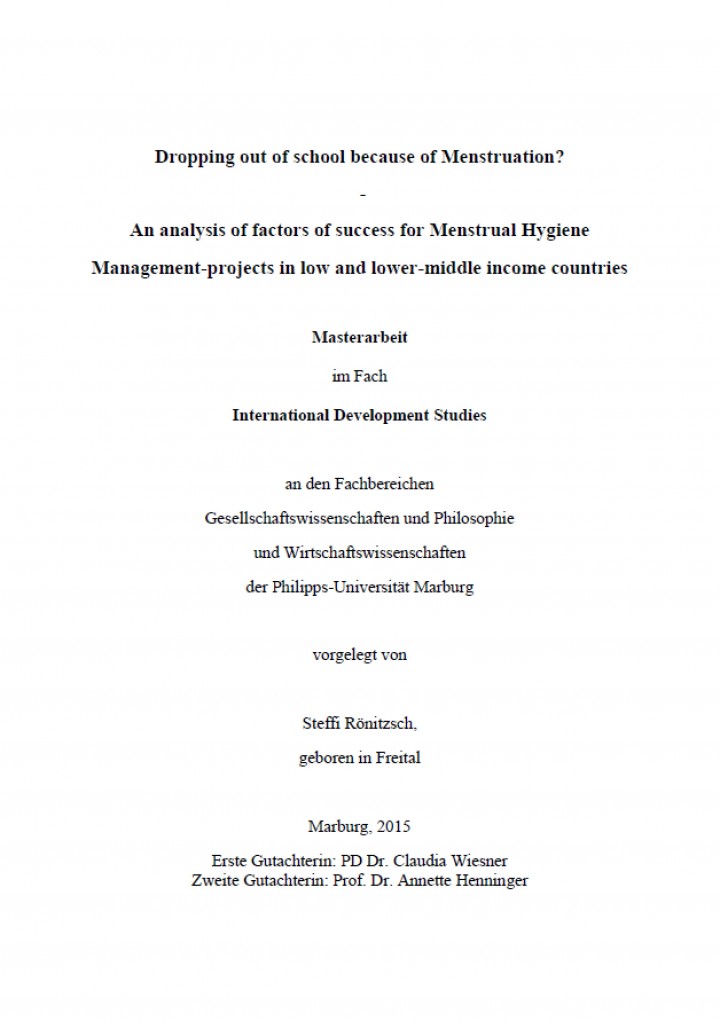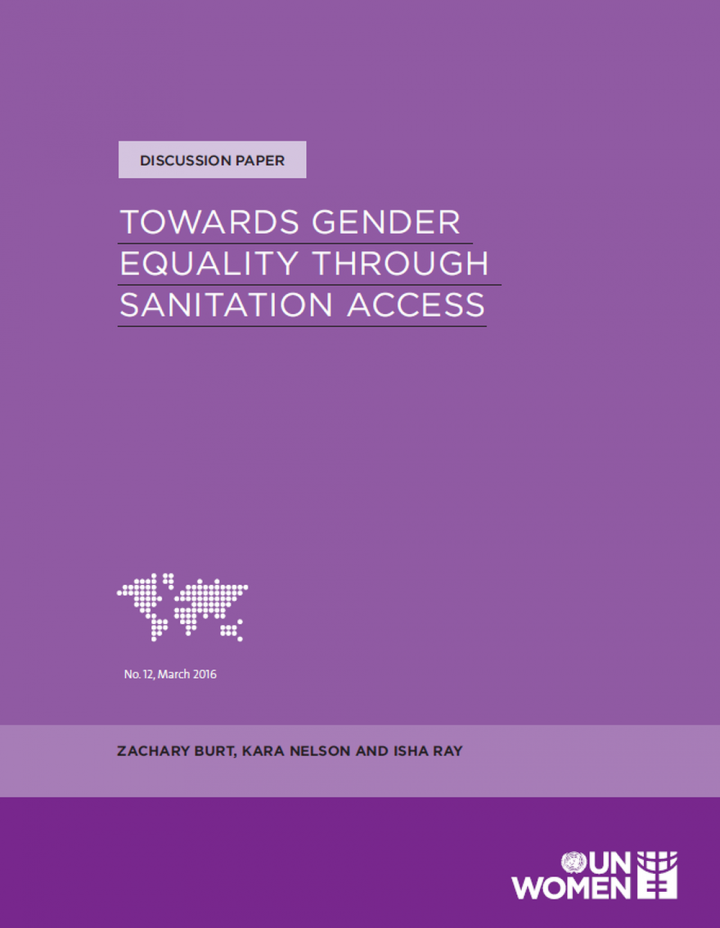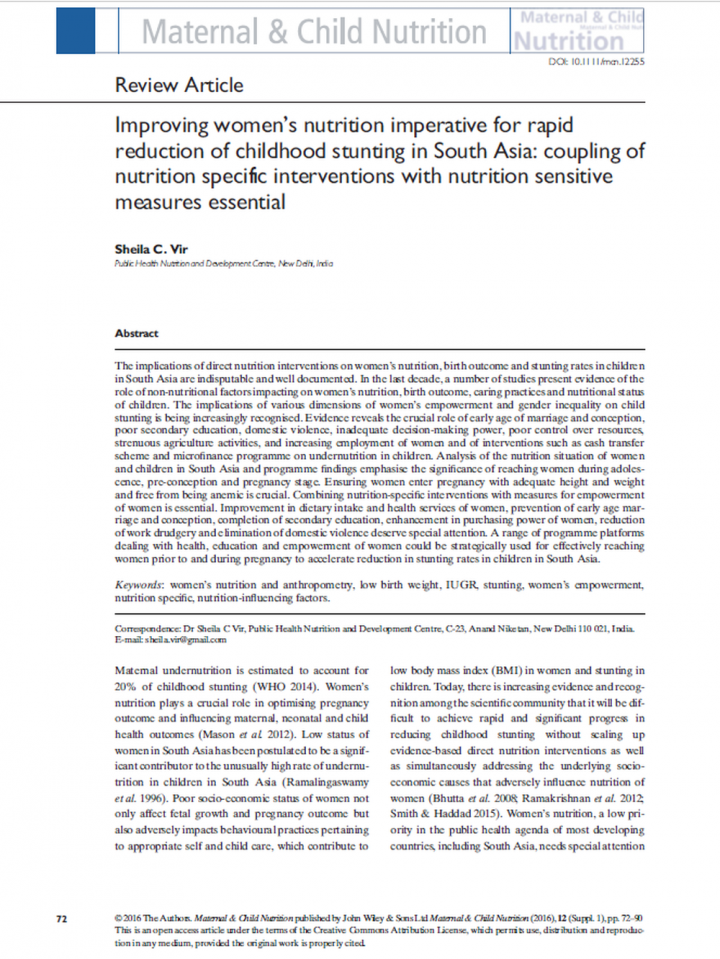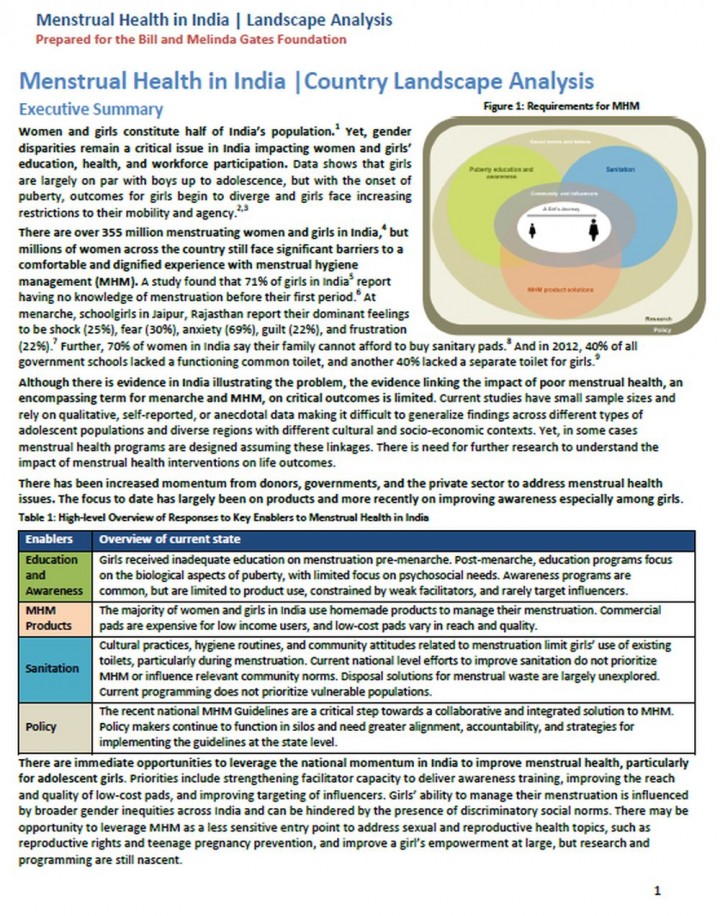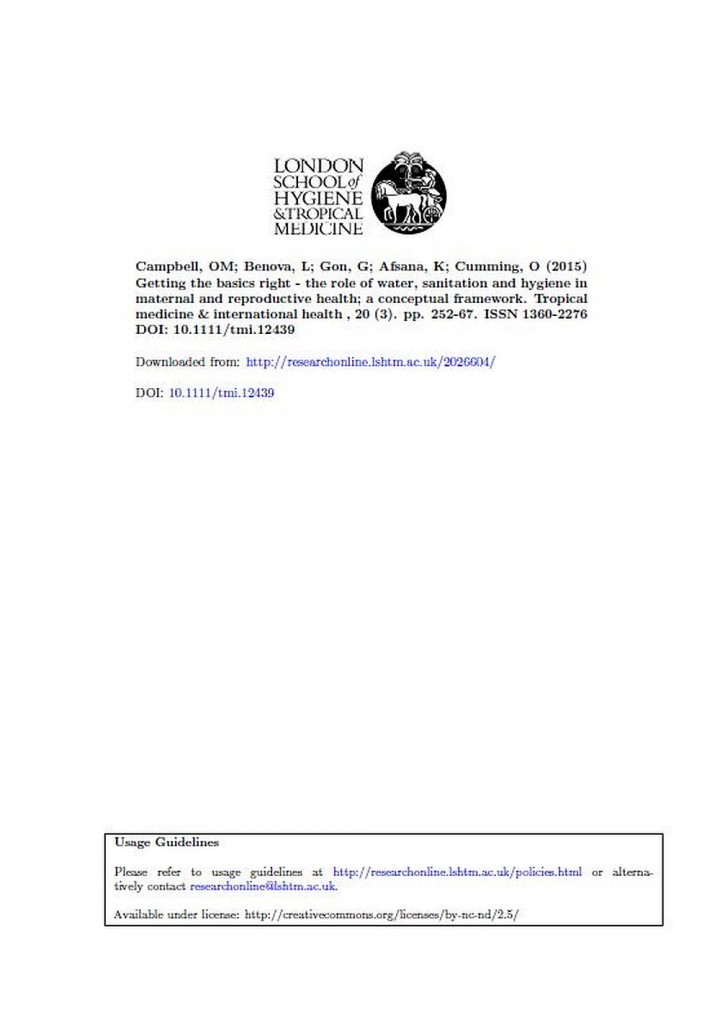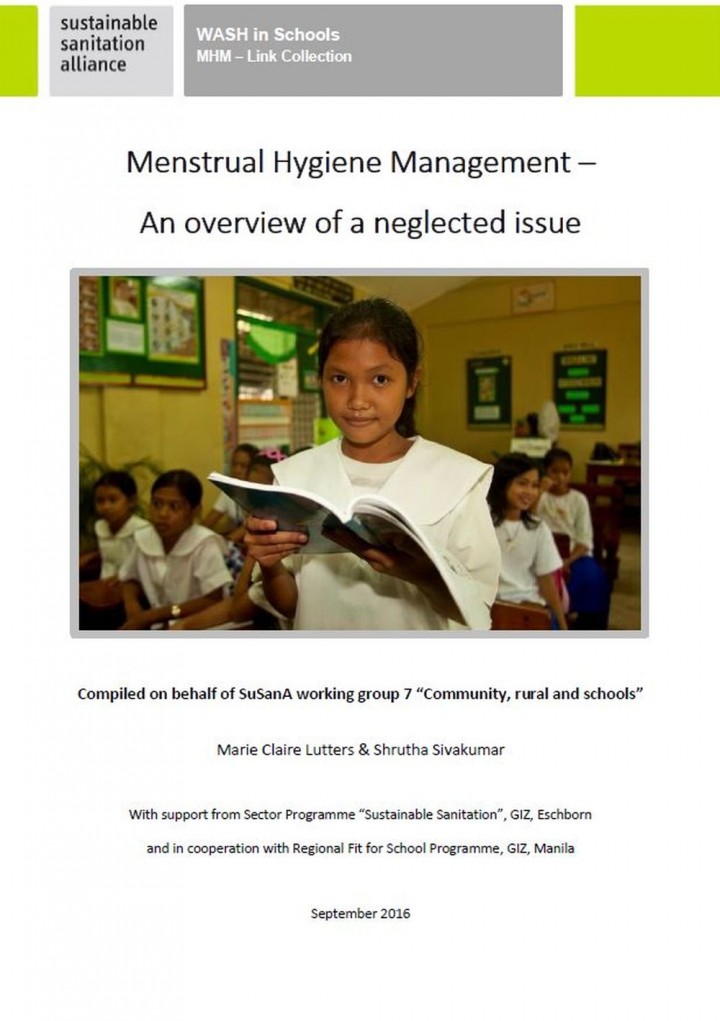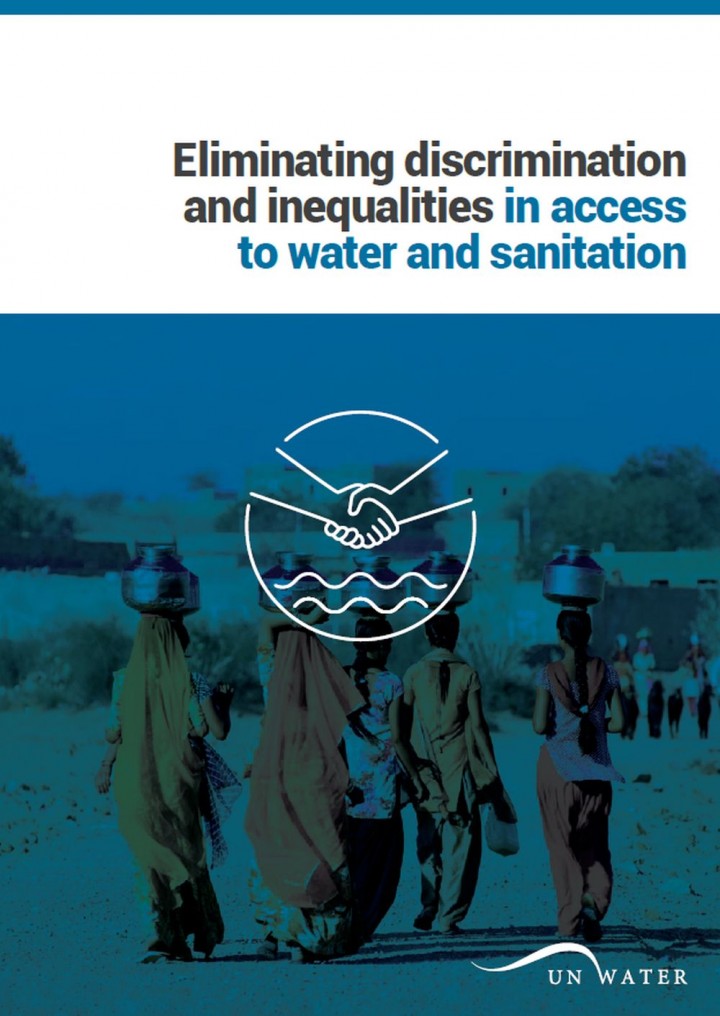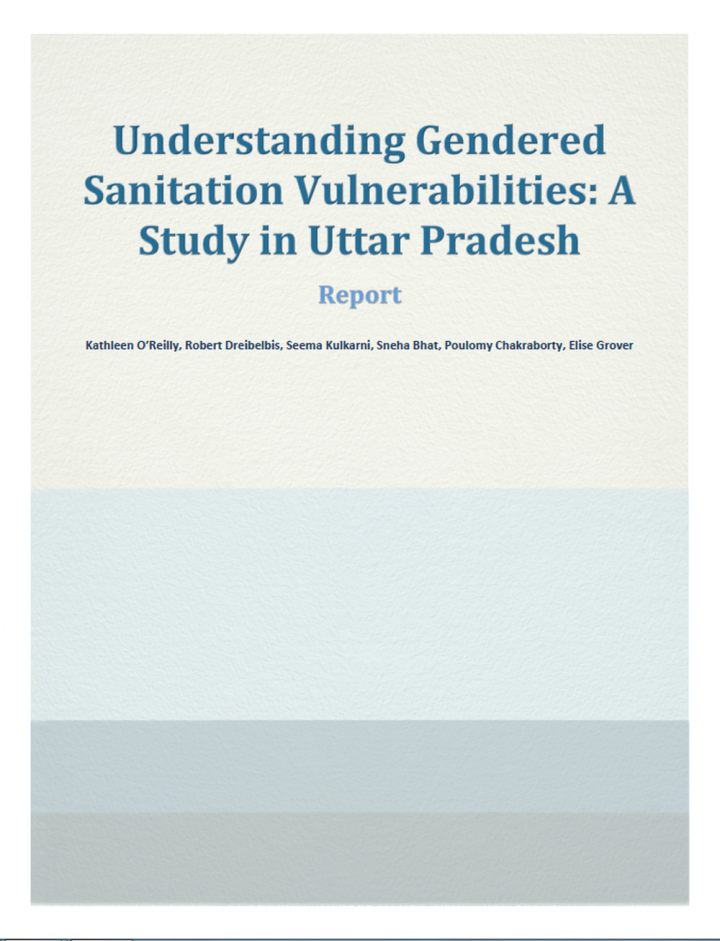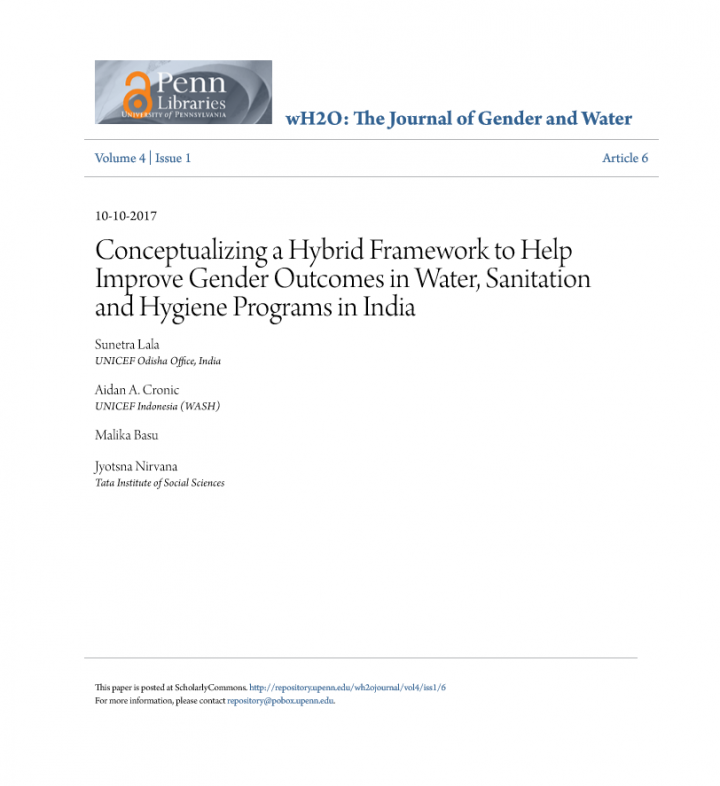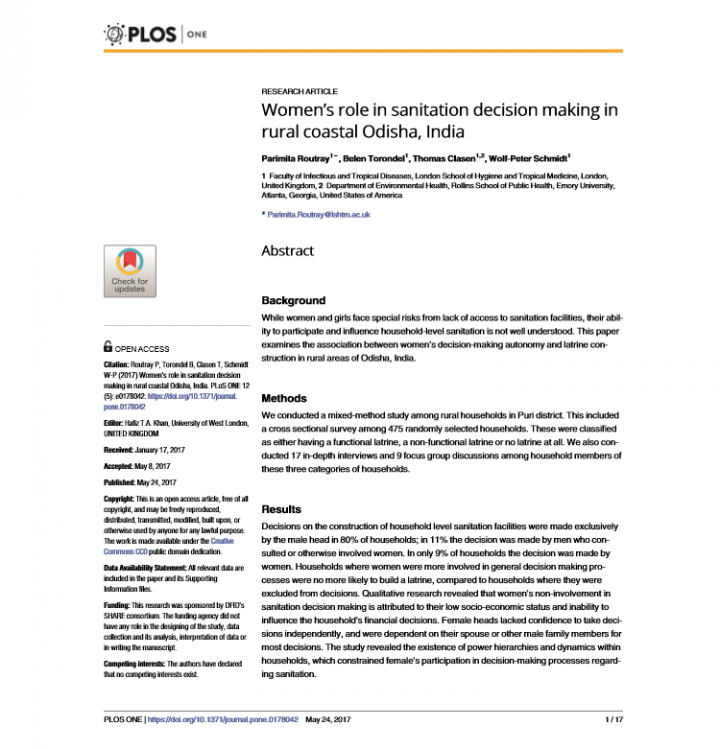Searching for information on Sanitation Workers?
The Sanitation Workers Knowledge + Learning Hub is the best source for all current news, trends, articles and updates on sanitation workers rights around the world.
This guidance booklet on Menstrual Hygiene Management (MHM) is intended for adolescent girls and young women. Issues associated with menstruation are never discussed openly and the silence surrounding menstruation burdens young girls by keeping them ignorant of this biological function. Even after the attainment of menarche, very little information is given to young girls about the physiological …
This discussion paper reviews the extensive literature on sanitation to show that inadequate access to this basic service prevents the realization of a range of human rights and of gender equality. We recognize that “dignity” is a highly culture- and gender-specific term; we therefore argue that sanitation for all—sanitation that serves all genders equally—must be designed and planned …
Most adolescent girls and women menstruate. This means that for five to seven days each month they bleed through their vagina. This monthly bleeding is often accompanied by abdominal cramps, headaches, mood changes and general lethargy all of which can be exacerbated by social stigma, myths and a lack of requisite infrastructure to manage menstruation safely, privately and hygienically. The …
The implications of direct nutrition interventions on women’s nutrition, birth outcome and stunting rates in children in SouthAsia are indisputable and well documented. In the last decade, a number of studies present evidence of the role of non-nutritional factors impacting on women’s nutrition, birth outcome, caring practices and nutritional status of children. The implications of various …
This report seeks to understand:
(1) the current state of girls’ experience with menarche and MHM in India,
(2) donor, government, NGO, and company responses to girls’ needs, and
(3) opportunities for research, advocacy, and programming to better address these needs.
This complements a Global Landscape Analysis and is one of three Country Landscape Analyses focused on India, Kenya, …
To explore linkages between water, sanitation and hygiene (WASH) and maternal and perinatal health via a conceptual approach and a scoping review
Methods:
We developed a conceptual framework iteratively, amalgamating three literature-based lenses. We then searched literature and identified risk factors potentially linked to maternal and perinatal health. We conducted a systematic scoping …
Globally 52% of the female population is of reproductive age, meaning approximately 1.9 billion women and adolescent girls menstruate each month for between two and seven days.
A first examination of the MHM global landscape: literature, academic studies, main actors, and debates, by the Sector Programme Sustainable Sanitation of the Gesellschaft für Internationale Zusammenarbeit (GIZ) was …
This document UN-Water provides a summary on discrimination and inequality in the field of water and sanitation: it explains the concept of discrimination, details the human rights in regarding equity in the WASH sector and presents the course of action towards the elimination of discrimination and inequality.
This report is the outcome of a study which aimed at understanding rural women and girls' age-specific experiences of using and accessing sanitation. The study focussed on the accessibility of latrines and the conditions of sanitation experienced across age, religion, caste, etc. The study objectives were informed by research indicating that women and girls have unique needs, and that these needs …
A gender-sensitive approach to ensure equity in WASH programs can achieve positive and sustainable outcomes, including participatory decisionmaking and empowerment of women. Gender analysis frameworks have a long history in development practice to guide strengthened gender outcomes, and opportunities exist to learn from such frameworks to support implementation of WASH programs in developing …
While women and girls face special risks from lack of access to sanitation facilities, their ability to participate and influence household-level sanitation is not well understood. This paper examines the association between women’s decision-making autonomy and latrine construction in rural areas of Odisha, India.
A mixed-method study among rural households was conducted in Puri district. This …

